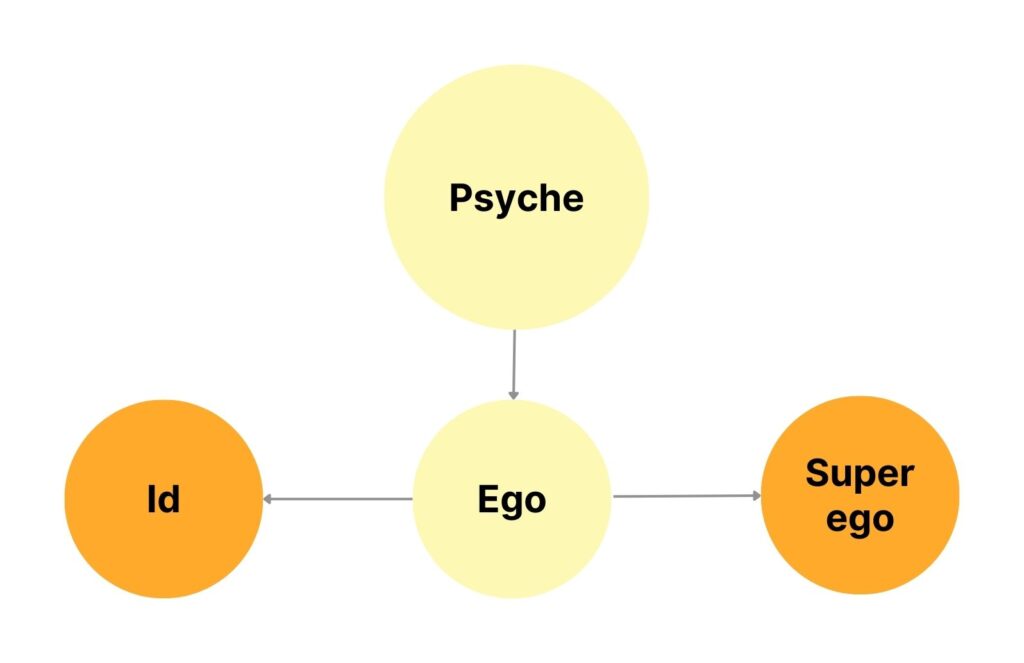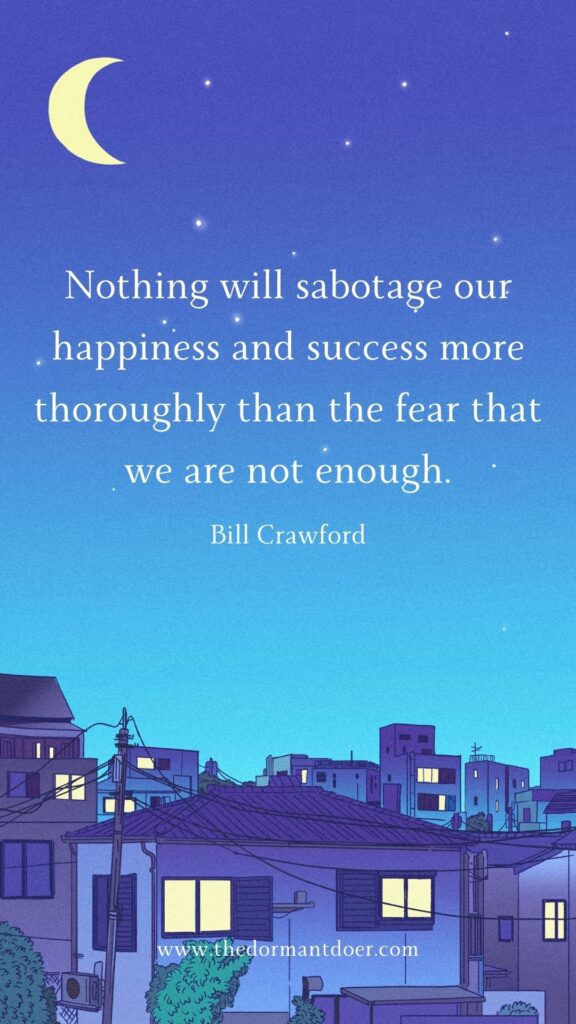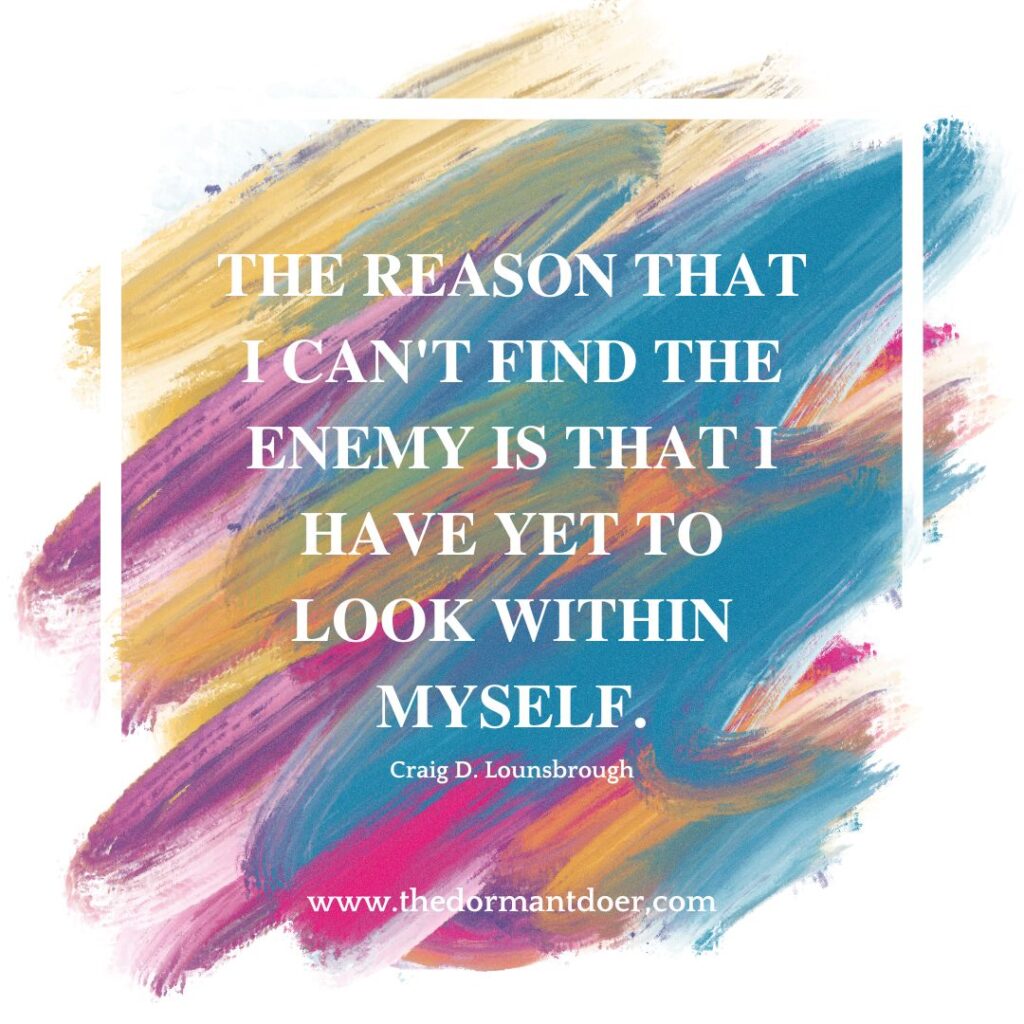The Art of believing in yourself: a new chapter
the belief
Did you know that everything you experience as “civilization” is held together by beliefs? Let’s just take our financial system as example. Humanity strives to grow. As individuals, tribes, companies or countries. But in the financial world this only works if we can trust each other. It’s the strong belief that A can trust what B promises and vice versa. From the individual to the nation: if others stop to believe in us, everything from the smallest organism in our system to the biggest organisation breaks apart.
That’s why rating organisations like moodys or fitch have their reasons to exist: They evaluate if others still believe in you. Usually classified by letters like AAA or B+, everyone around can tell how credible an organisation or country is, regarding their financial capacities.
At its core, a belief is a mental attitude or conviction that something is true, real, or exists. It goes beyond mere acknowledgment of facts and involves a deep-seated trust or confidence in the validity of an idea, proposition, or concept.
you need to belief in yourself...
That’s what people tell us when we struggle or are overwhelmed by doubts. But is it physically even possible that “you” can believe in your “self”?
This would mean, that the rating organisations in the financial world would rate themselves and not others. That’s not how it works. We don’t judge ourselves. This happens inevitably. But not by “us”. Sounds spooky, right? So who are the entities in our head, that permanenently evaluate if we are belieavable or not? Good question, dear reader. Let’s dive into it!
Who are the voices in your head?
The post Ego vs Soul explains this concept throughly. Essentially our mind consists of three entities according to the notorious Siegmund Freud.

The id
seeks to fulfill instinctual drives and is completely unconscious. We have no control over it. All we witness, are urges to fulfill our basic needs, like sleep, nourishment, or reproduction.
The ego
is the executer of the psyche. It organizes the mind in a coherent and rational way. It mediates between the needs of the Id and the superego. The ego maintains a sense of reality and assures the fulfillment of the instinctive id and the moral superego.
The superego
represents the internalized social and moral values and ideals that individuals acquire from their parents and society.
And then, there is the soul - you!
This miracoulous thing we call “consciousness”. That’s the difference between animals and us. Or a baby and us. If you sit a toddler infront of a mirror, he will not realize, that the thing in the mirror is himself. It’s our phenomenal ability to separate ourselves from our body and ultimately the id and superego. If you want, you can become a mere spectator of what’s going on inside your head.
Judging “yourself” again for not complying with the latest beauty standard? No problem, zoom out and realize this is once again only a desire of the “id”. You feel judged again because you did something that doesn’t comply to the rules and values that others told you to obey? Hold on, these are just the daily antics of the superego.
Isn't this phenomenal?
Freud made it possible to classify the voices in our head and layed down the fundamentals of steering through all our inner conflicts. Finally it’s possible to figure out which screams for attention come from which corner – without even having to identify with it. Still, there’s a little problem.
once the software is written...

in a nutshell
The judges in your head are multiple entities. The one advocates to satisfy your very basic needs like survival, or security. If you don’t meet these expectations, you will be loaded with guilt and shame. The other advocates to live the values others and you created. Has it been told to you since childhood to strive for a carreer and reputation? Then it does’t matter what you want today, because the code has been written. You will not feel alright working against it.
It takes a lot of reflection and frequent commitment to not feel guilty. One day, after rigerious self-talk against these old beliefs you may wake up without shame and guilt and think “yes, this is my way and it’s fine as it is”! And then, there is the executioner, the voice that speaks for both sides. Ultimately you are in a permanent exchange with the ego. But what if you’re sick from all of this authoritarian top-down communication of the ego?
What if you decided wanting to live a different life? A life with the least amount of doubt, all those obsolete values of your past, all the negative beliefs that haunted you for so long already?
Believing in onesself: winning the judge over
- keep hitting the gym
- overcome your fear
- educate yourself on something
- leave your comfortzone
- learn the song on your guitar
- stand true to your values
- show up for the people you love
- accept the challenge
- found the company
- talk to this one person
- travel the world
- speak up for others or yourself
- learn a new language
- do that one course
- live your creative side

The good news?
Let's connect the dots
The id Advocates for your unconscious needs, like sleep, reproduction or hunger
The superego Represents the values and ideals that you have acquired since childhood by parents, friends or teachers
The ego Is the executer of the id’s and superego’s will
You, the soul The conscious user of the body, which is usually heavily influenced by the ego. Ideally a kind and diplomatic relationship exists. For most human individuals it’s rather a hostile, than diplomatic relationship.
Get rid' of hostility
Establishing effective beliefs about yourself requires to form a diplomatic relationship with the entities of your psyche. Not like a friendship, but like your favorite colleague. You respect this colleague and listen and don’t judge him negatively for the things s/he says. You value the information you receive and make the best out of it. You ride the same wave.
If you foster a toxic relationship with the ego, you will always sit on the shorter branch of the tree (a german saying that we say here – don’t mind it if it sounds odd to you 😉 ). A toxic relationship with the ego will result in perpetual toxic internal dialogues. Most people do this and it’s their guarant to never break out of the wheel of negative self-talk.

Easy way to establish an effective relationship with the ego
1. Recognize, accept and value the existence of the ego
2. Understand that everything that comes up within an internal dialogue is a possible need of the id and superego. Example: You feel treated unwell and become resentful about a person = the id’s lack for appreciation and love.
3. Understand that everything that comes up within an internal dialogue is a possible value or ideal of the superego. Example: You were taught by parents to wake up early in the morning, but you stay in bed. You feel guilty = the superego’s influence of maintaining integrity to the values you were taught by your parents.
4. Treat the ego with acceptance by compassionately understanding the needs behind it. Even if it’s not a “good” belief or need. Analyze where it comes from and have a constructive conversation, like you would have with your favorite colleague.
